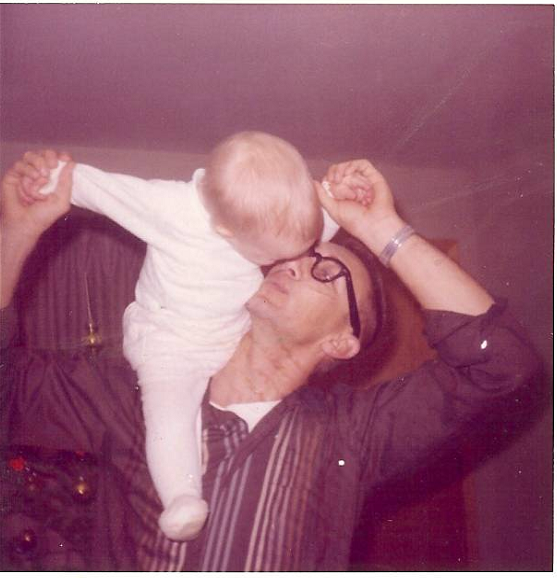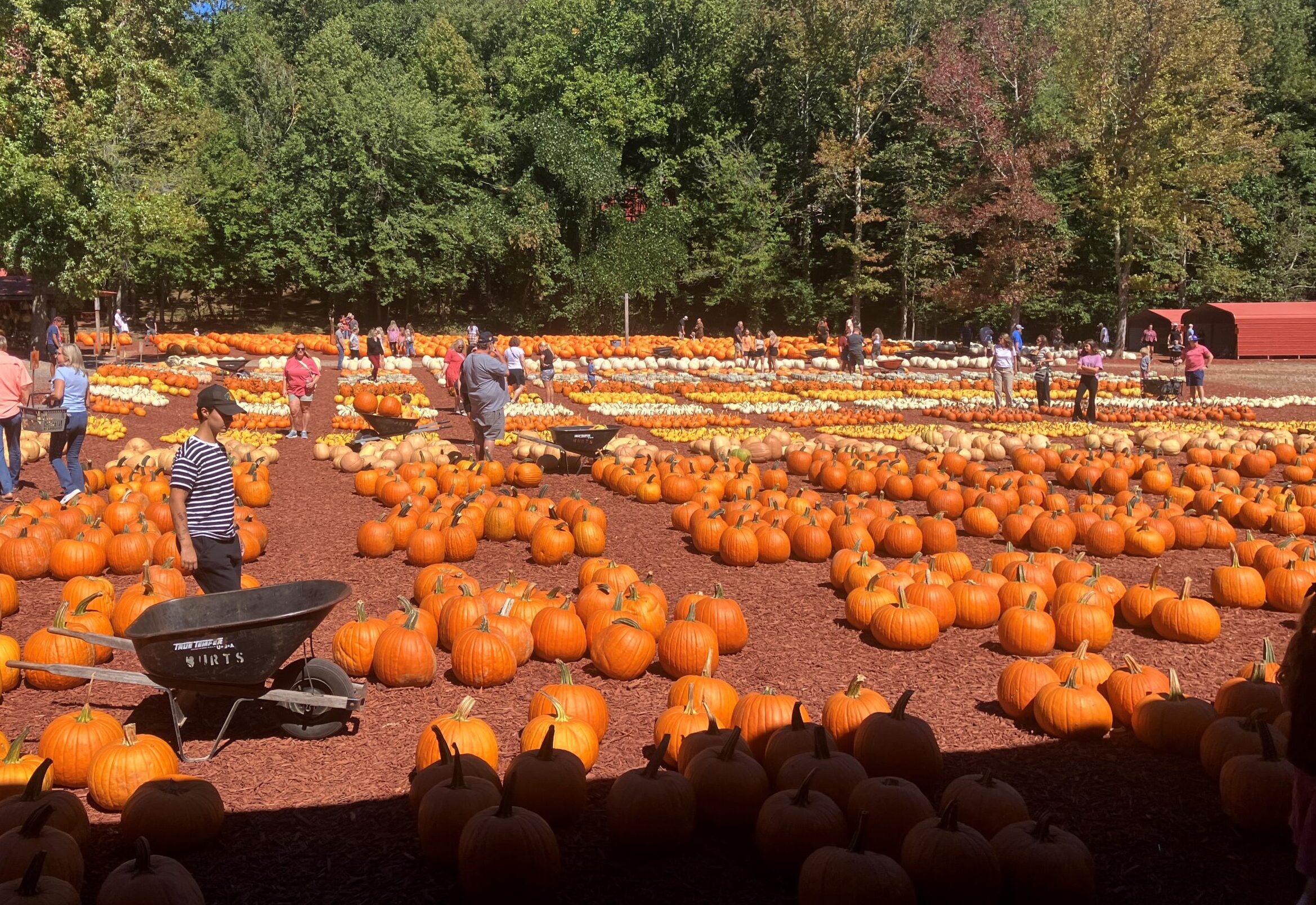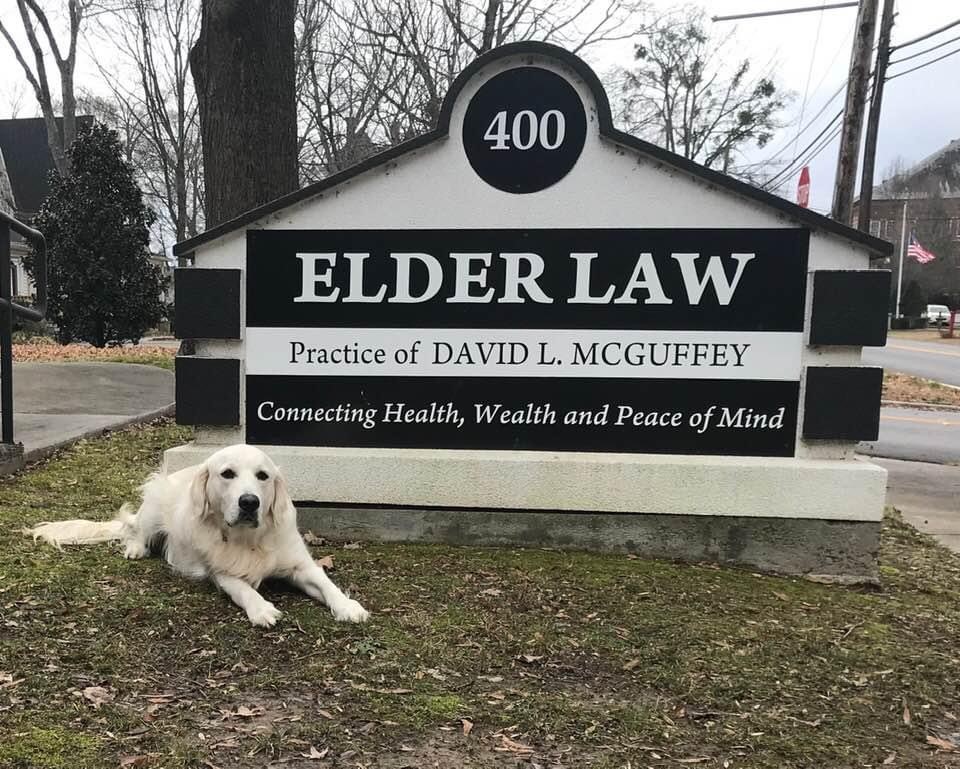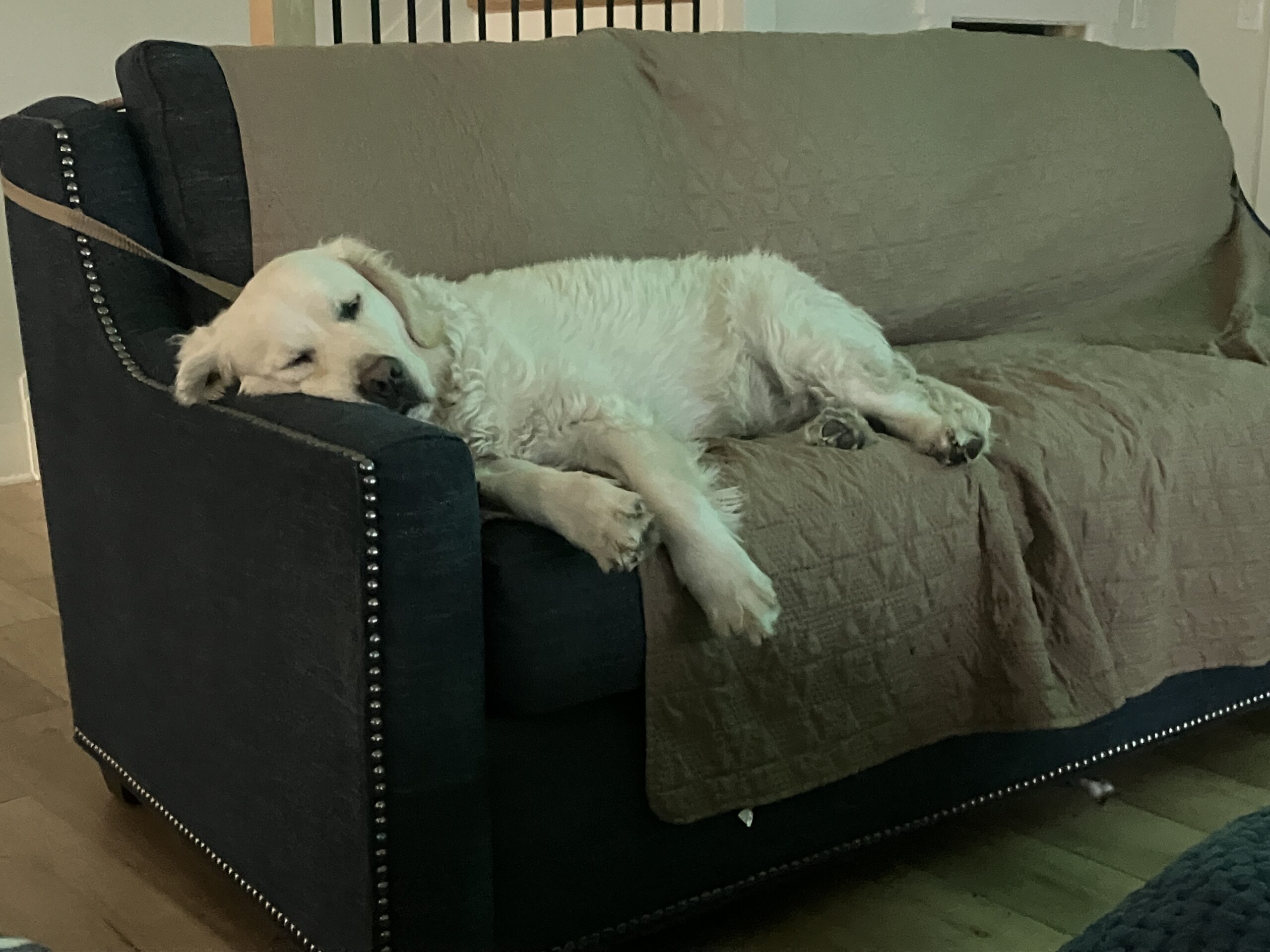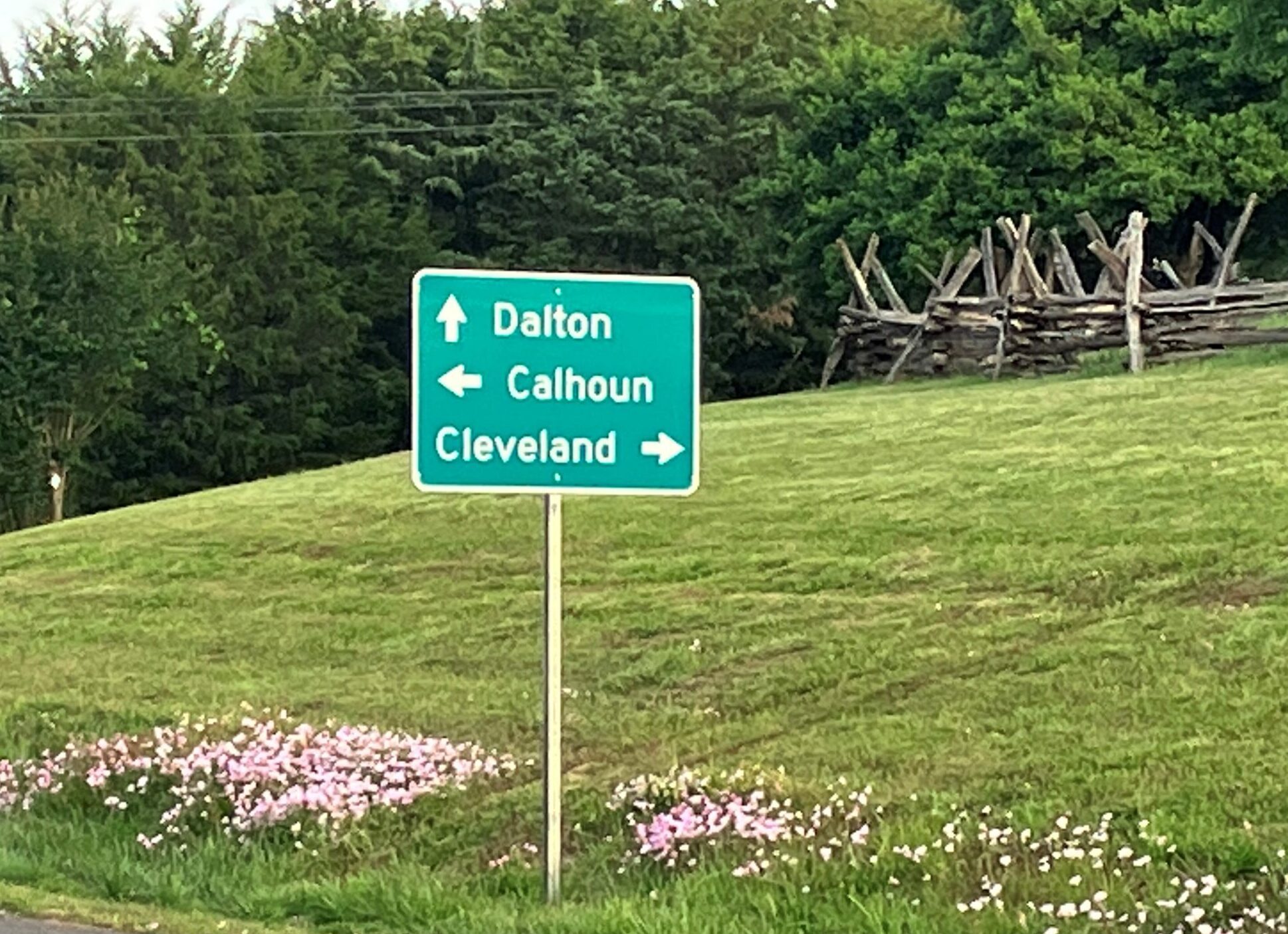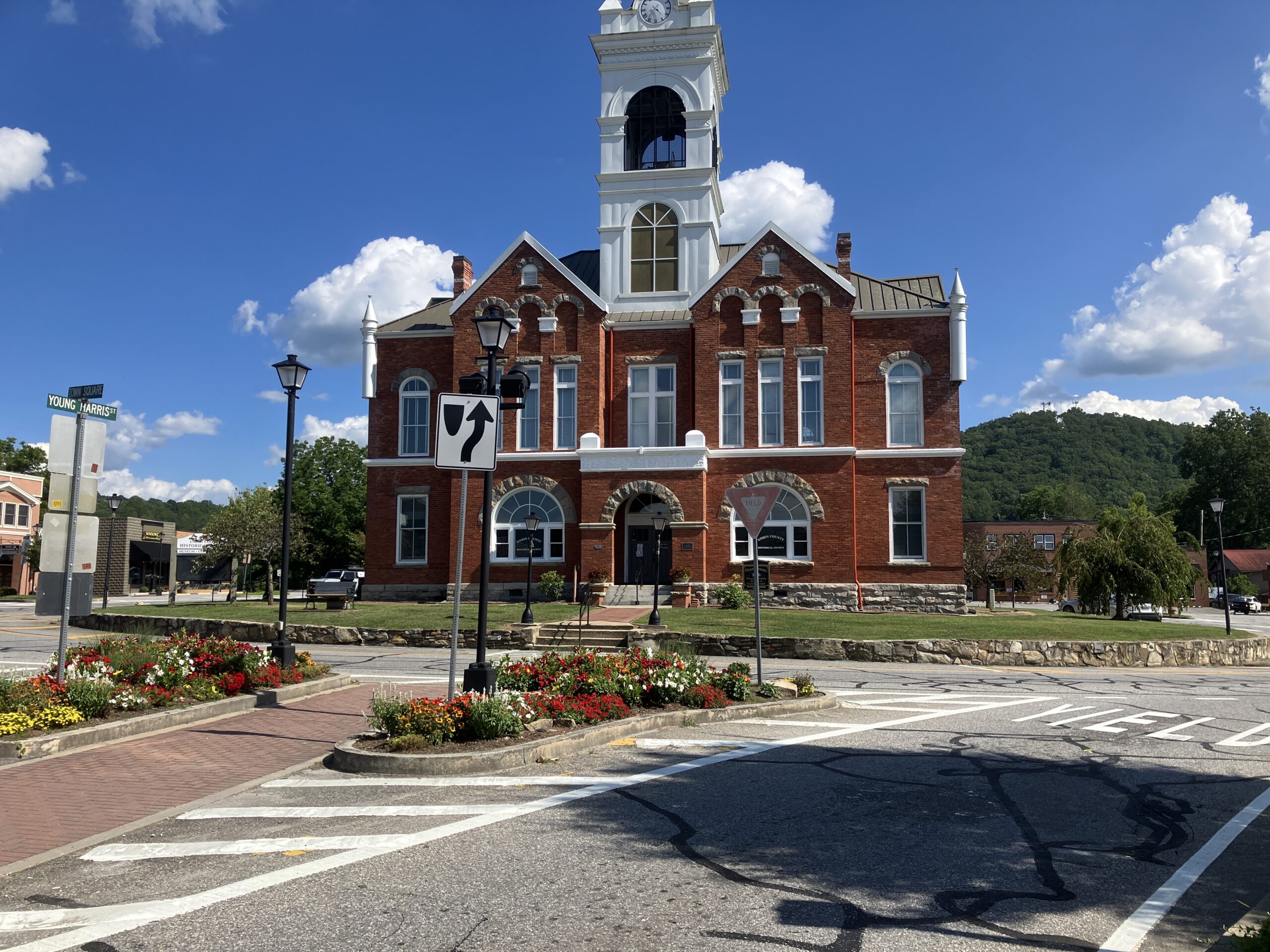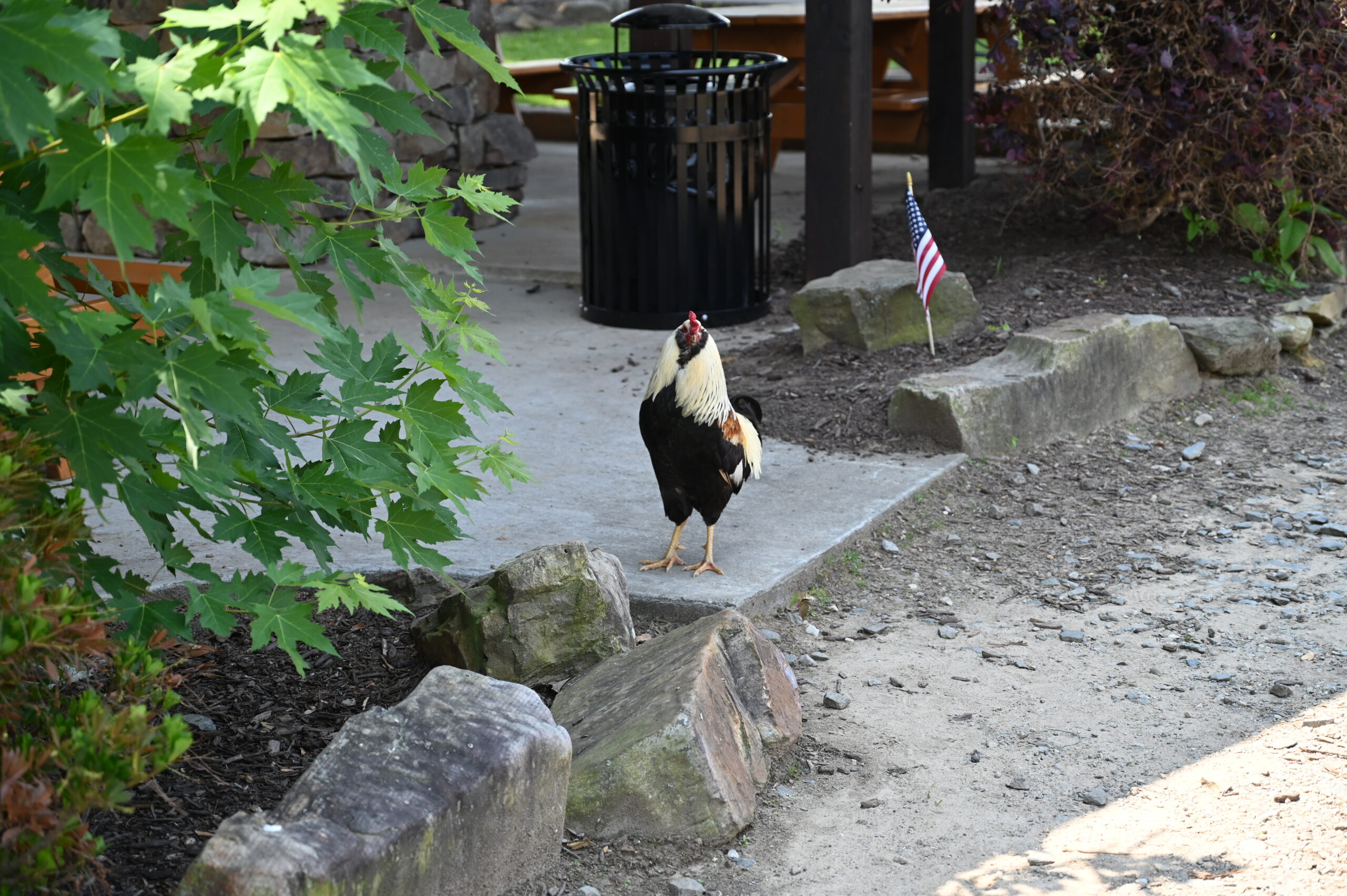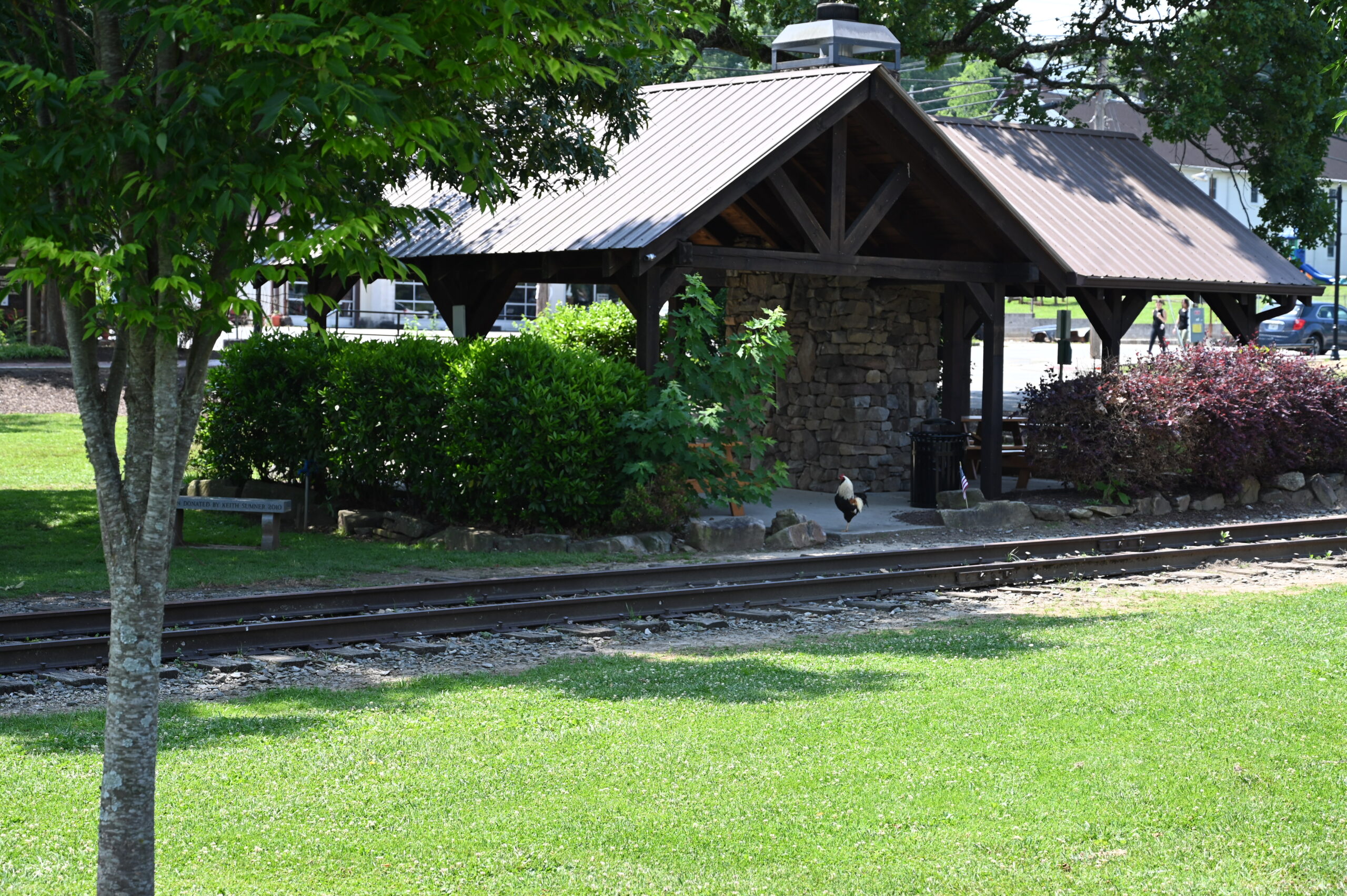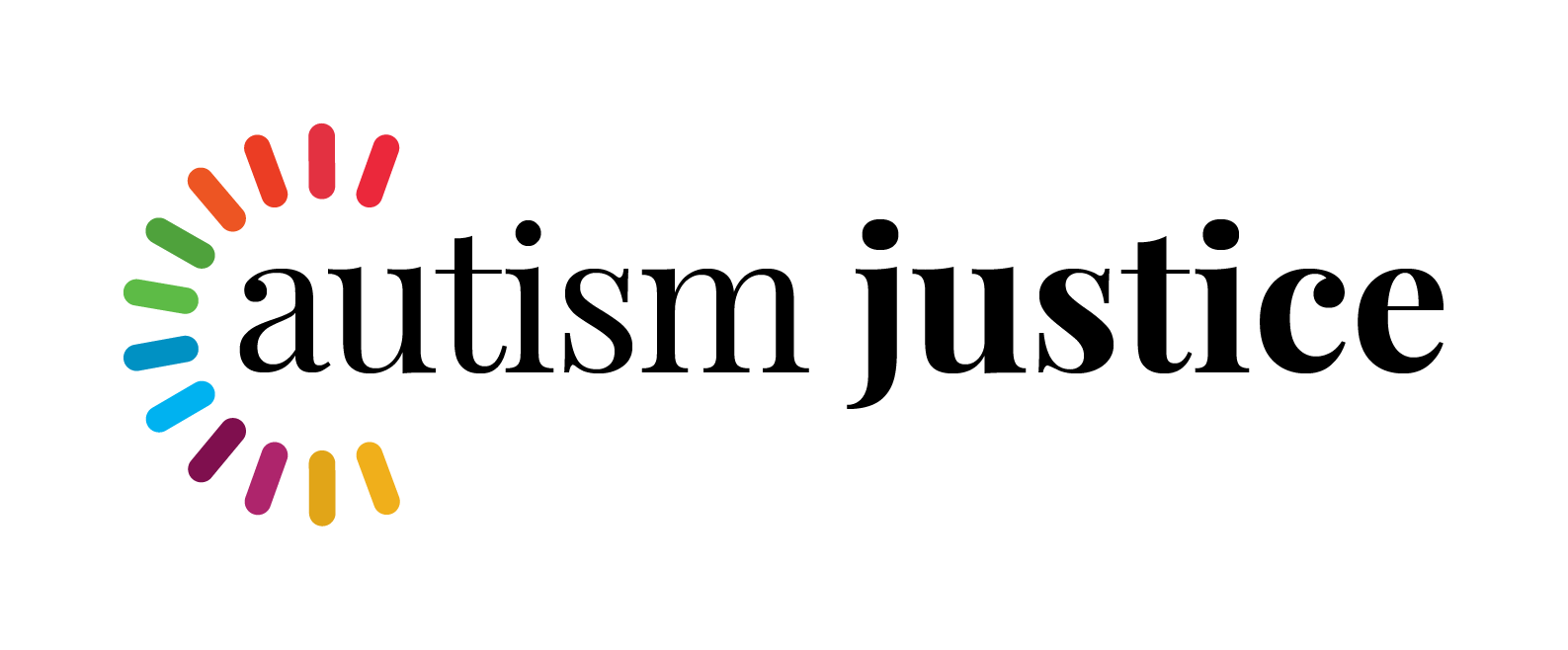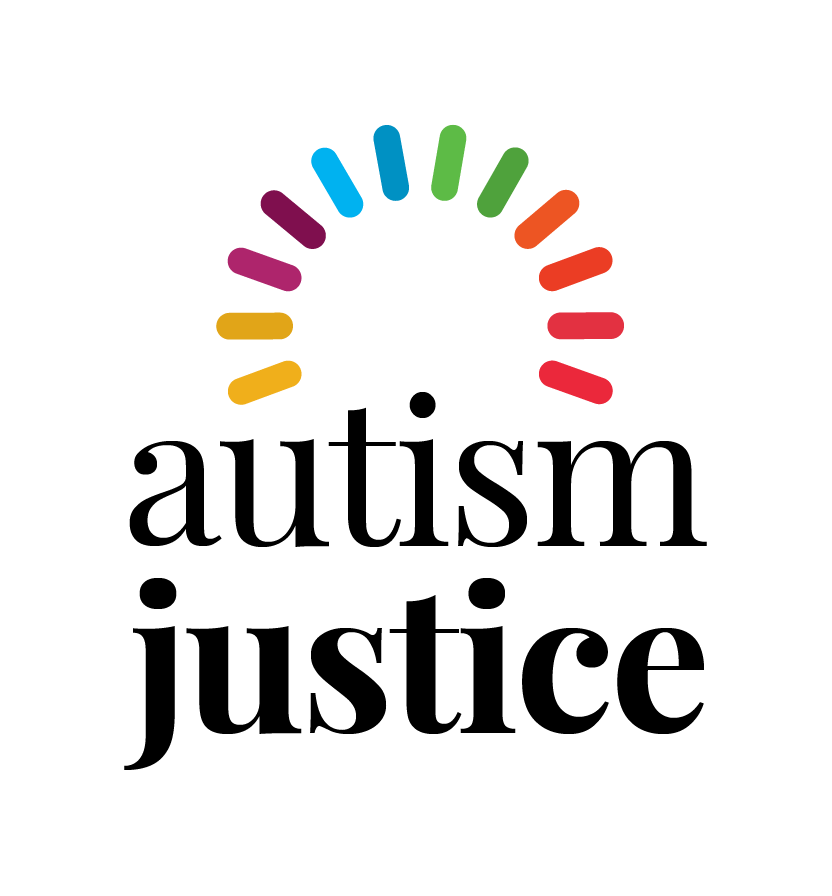Self-neglect is characterized as the behaviors of an elderly person that threaten his/her own health or safety. Self-neglect generally manifests itself in an older person’s refusal or failure to provide himself/herself with adequate food, water, clothing, shelter, safety, personal hygiene, and medication (when indicated). For the purpose of this study, the definition of self-neglect excludes a situation in which a mentally competent older person (who understands the consequences of his/her decisions) makes a conscious and voluntary decision to engage in acts that threaten his/her health or safety.
Signs and Symptoms of self-neglect
- Dehydration, malnutrition, untreated or improperly attended medical conditions, and poor personal hygiene
- Hazardous or unsafe living conditions (e.g., improper wiring, no indoor plumbing, no heat or no running water)
- Unsanitary or unclean living quarters (e.g., animal/insect infestation, no functioning toilet, fecal/urine smell)
- Inappropriate and/or inadequate clothing, lack of necessary medical aids (e.g., eyeglasses, hearing aid, dentures)
- Grossly inadequate housing or homelessness
Source: http://aoa.gov/AoA_Programs/Elder_Rights/Elder_Abuse/docs/ABuseReport_Full.pdf
Report Online: http://aging.dhs.georgia.gov/adult-protective-services

